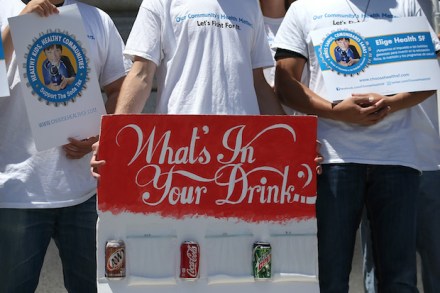Why George Osborne’s sugar tax isn’t a ‘pious, regressive absurdity’
George Osborne’s announcement in the Budget that he wants to help fight childhood obesity through a tax on sugary drinks has provoked the usual grumbles. But this is not a ‘pious, regressive absurdity’, as some claim. It is practical action that will help to tackle an avoidable health disaster for the nation’s children, a quarter of whom from the most disadvantaged families are leaving primary school not just overweight but obese. This is double the rate for the most advantaged children and the inequality gap is rising every year. If that had no consequences for them, there would be no case for action, but obesity blights their future health and life chances.



















